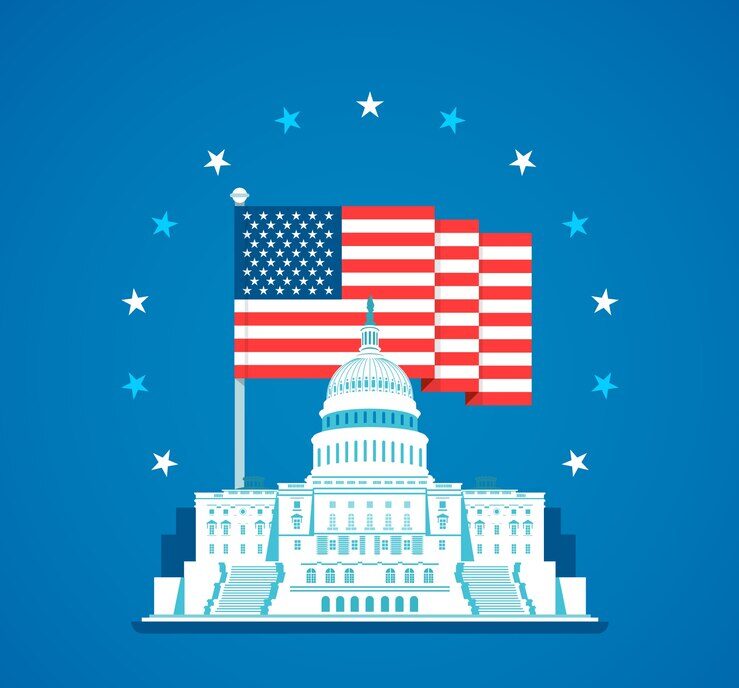
13th March 2024, Washington: The US House of Representatives is set to vote on Wednesday on a bill that could potentially force TikTok ban in the United States.
The proposed legislation poses the most significant threat to TikTok yet, as concerns have mounted among governments and security officials regarding its Chinese ownership and potential allegiance to the Communist Party in Beijing.
The scheduled vote, expected to take place at 10:00 am, is anticipated to pass with widespread support, showcasing a rare moment of bipartisan unity in the currently divided political landscape in Washington.
While the outcome of the bill remains uncertain in the Senate, where key figures are hesitant to take such drastic action against a widely-used app boasting 170 million US users, President Joe Biden has signaled his readiness to sign the bill into law if it reaches his desk.
Officially known as the “Protecting Americans from Foreign Adversary Controlled Applications Act,” the legislation, which unanimously cleared a committee last week, would mandate TikTok’s parent company, ByteDance, to divest the app within 180 days or risk being delisted from the Apple and Google app stores in the US.
Moreover, the bill would grant the president the authority to identify other applications as national security threats if they fall under the control of countries deemed adversarial to the US.
In response to the renewed scrutiny on TikTok, the company, as reported by the Wall Street Journal, was surprised by Washington’s actions, particularly after President Biden joined the app last month as part of his reelection campaign.
TikTok’s CEO, Shou Zi Chew, has been actively lobbying in Washington to rally support against the bill, expressing concerns over the hasty legislative process and its potential constitutional implications.
The co-sponsors of the bill, House Republican Mike Gallagher and House Democrat Raja Krishnamoorthi, along with the White House, argue that the legislation does not equate to an outright ban on TikTok, emphasizing that compliance with the requirements to separate from ByteDance could avert a ban.
Despite China warning of repercussions, stating that the move could backfire on the US, the Trump administration has disputed claims that TikTok poses a national security threat and urged for a more nuanced approach to regulating the app.
Former President Donald Trump, in a shift from his previous stance, has voiced opposition to a ban on TikTok, citing concerns that it could inadvertently benefit Meta, the parent company of Instagram and Facebook, which he views as a rival entity.
Efforts to ban TikTok in the past have encountered legal challenges, with a proposed bill from a year ago failing due to concerns over freedom of speech protections. Similarly, a state law in Montana targeting TikTok was halted by a federal court on the grounds of potential violations of constitutional rights.
TikTok has consistently denied any affiliation with the Chinese government and has restructured its operations to ensure that the data of US users remains within the country. The company remains steadfast in its commitment to safeguarding user privacy and upholding its independence from external influences.
